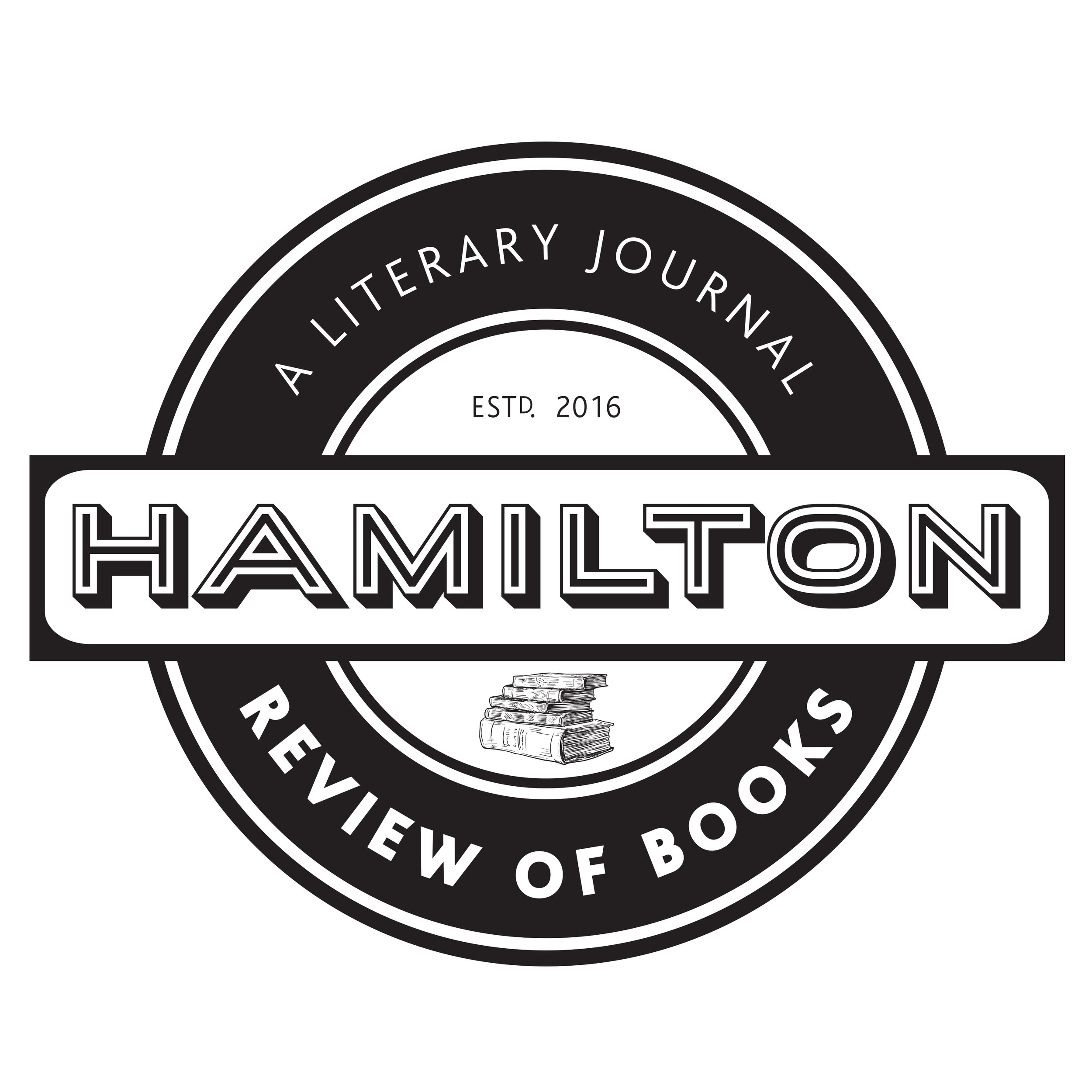David Chariandy. Brother. McClelland & Stewart. $25.00, 192 pp., ISBN: 978-0771022906
A Review of David Chariandy's Brother
Review by Dory Cerny
It’s been 10 years since David Chariandy’s debut novel, Soucouyant, charmed literary award juries across Canada (and beyond — in addition to being shortlisted for the Governor General’s Literary Award and longlisted for the Scotiabank Giller Prize among many others, the book also made the longlist for the IMPAC Dublin Literary Award). Since then, the Toronto-raised author has been teaching at Simon Fraser University in Vancouver and working on his sophomore effort, the highly buzzed-about novel Brother.
Chariandy returns to a familiar time and place for Brother: Scarborough in the early 1990s, scene of his own adolescence. The Toronto suburb (which was swallowed up by the Greater Toronto Area megacity with amalgamation in 1998) of Chariandy’s conjuring is a far cry from the bucolic ideal of sleepy bedroom communities replete with quiet cul-de-sacs and wide front lawns. Instead, the Park, the downtrodden east-end neighbourhood in which the main characters live, is presented as a harsh climate dominated by crumbling apartment towers, rundown townhouse complexes, scabby strip malls and underserved bus routes (the area wasn’t nicknamed “Scarberia” for nothing). It’s a bleak place, and Chariandy does an excellent job evoking the concrete landscape, but offering occasional respite for both his characters and the reader in the lush greenery of the nearby Rouge Valley.
Into this setting Chariandy introduces a cast of characters strikingly complete despite being minimally drawn. The narrator is Michael, who we meet at various points in his childhood and adolescence via the character’s memories, and as a young adult in the main narrative thread, which takes place in 1991, a decade after the death of his older brother Francis.
From the beginning, Michael feels too fragile for the tough community he is forced to make his way in. But he has Francis to protect and guide him, for better or worse, until Francis is killed in a scene that comes blazing into focus only an instant before the death actually occurs. We know from the novel’s outset that Francis is dead, but when Chariandy finally reveals the circumstances, the event comes with both a sense of surprise and inevitability.
Francis, seen through Michael’s eyes, is a difficult character. He is fiercely protective of his brother, but also strives to toughen him up, allowing Michael to face — and often fail at — challenges. None of the other neighbourhood toughs will bother Michael while Francis is around, but Francis is also resentful of Michael’s constant presence and dependence. It’s a complex sibling relationship rendered more so by the boys’ absentee father (a man Michael only really knows from a somewhat blurry photograph) and overburdened mother, who is forced to work several cleaning jobs in order to support them, often leaving the boys to their own devices as children despite a staggering sense of guilt. “All around us in the Park were mothers who had journeyed far beyond what they knew, took day courses and worked nights, who dreamed of raising children who might have just a little more than they did, children who might reward sacrifice and redeem a past.”
Beyond the superbly written setting and characters, what is most striking about Brother is Chariandy’s brutally honest depiction of the prejudice, violence, and lack of opportunity faced by the denizens of the Park, and so many other neighbourhoods like it. The children of Trinidadian immigrants, Michael and Francis are just two of a cohort whose parents have sacrificed their homelands, their dreams, and even their lives in the hope of improving the lot of their kids. But the children have dreams of their own, which are shot down — sometimes literally — by a society that is far from colourblind, that undermines all but the most determined or lucky (who are held up as “exceptions”). Chariandy is careful to show how the community itself feeds into the problem. Like a snake eating its own tail, the kids of the Park turn on each other, posturing and threatening. Even Francis’s close friends don’t make it easy on Michael to take his place among them. With such little support, what hope is there for a better life?
CanLit is often derided for its reliance on stories of the past and remembering the hurts of previous generations. What Chariandy has crafted with Brother is a book that bridges the gap between recollection and timeliness. “Memory’s got nothing to do with the old and grey and faraway gone,” he writes. “Memory’s the muscle sting of now.”
Dory Cerny is a freelance editor and writer in Toronto, and the former Books for Young People editor at Quill & Quire.


